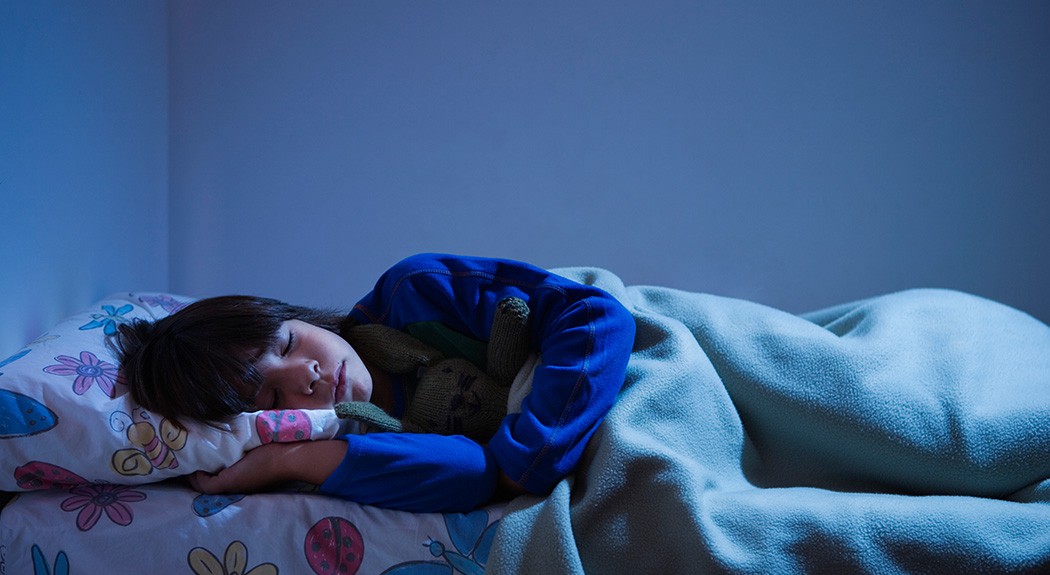When school is out for the summer, your whole family may be on a more relaxed schedule.
That may include kids’ bed times.
But with the new school year beginning, it’s time to get your children back on track so they are getting enough sleep to focus on their school work.
A lack of sleep can lead to an array of problems for children and teenagers.
The American Academy of Sleep Medicine (AASM) says lack of sleep is linked to behavior and learning problems, and an increased risk of accidents and injuries. Some evidence also suggests a lack of sleep could lead to conditions including diabetes, obesity, hypertension and depression.
Yet a 2016 study by the Centers for Disease Control and Prevention found that more than two-thirds of high school students are sleeping less than eight hours every night. This could be because there is a shift in the body’s circadian clock during puberty, causing teens to naturally prefer a later bed time.
Are you confused about how much shut-eye your children should be getting each night? It varies depending on how old they are, but the AASM says babies, children and teens need much more sleep than adults.
Here are its sleep recommendations:
- 4-12 months: 12-16 hours
- 1-2 years: 11-14 hours
- 3-5 years: 10-13 hours
- 6-12 years: 9-12 hours
- 13-18 years: 8-10 hours
It can be hard to tell when young children are tired. While adults slow down when they’re exhausted, children speed up, the National Sleep Foundation says. For that reason, it can be easy to confuse signs of sleepiness with signs of attention deficit-hyperactivity disorder (ADHD).
Back-to-school sleep tips
The National Sleep Foundation offers the following tips for helping your child develop good back-to-school sleep habits:
- Two weeks before school starts, start to help your child get on a school sleep schedule gradually. Every night, set a slightly earlier bedtime, and every morning, a slightly earlier wake-up time.
- Don’t use the weekend to catch up on sleep.
- Before bedtime, start a relaxing routine, such as bath and story time for younger children or reading time for older children.
- Limit screens, including TV and electronic devices, before bed time.
- Avoid big meals close to bed time, and caffeine six hours before bed time.
- A dark room, comfortable bed, and room temperature that is not too hot or cold make for the best sleeping environment for your child.
Most importantly, follow these rules yourself so you can set a good example for your children. If you suspect your child isn’t sleeping enough, talk to your pediatrician.
 Rebecca Duncan, MD, is a primary care physician with AAMG Kent Island Primary Care. To reach her practice, call 410-604-6560.
Rebecca Duncan, MD, is a primary care physician with AAMG Kent Island Primary Care. To reach her practice, call 410-604-6560. 



